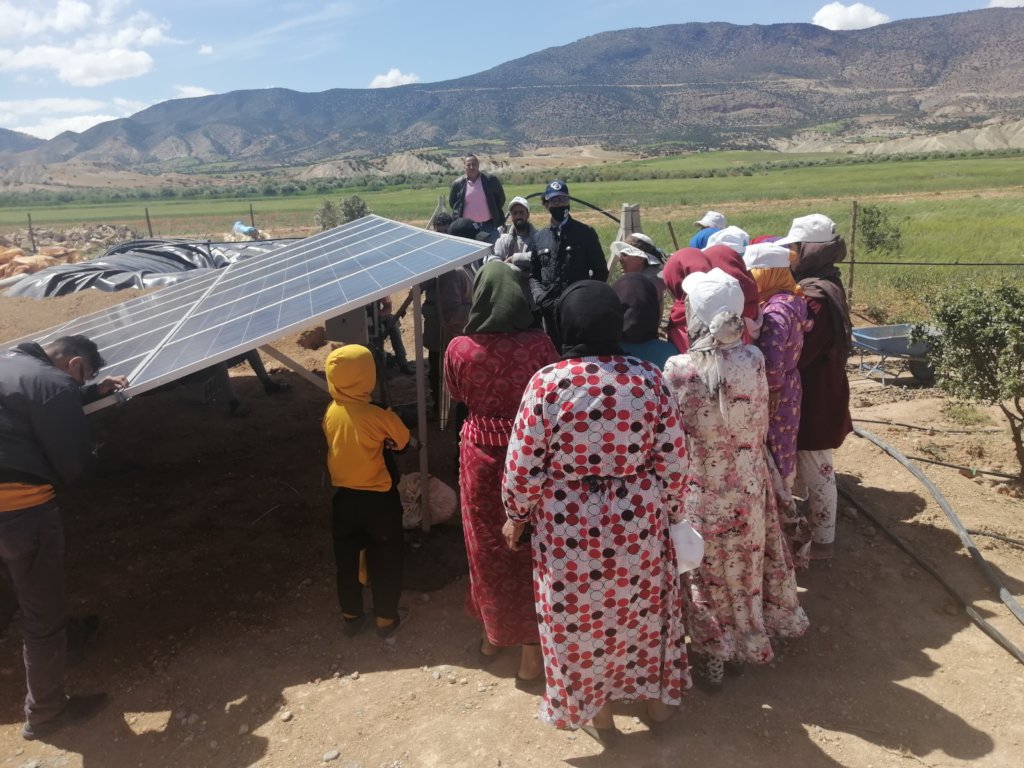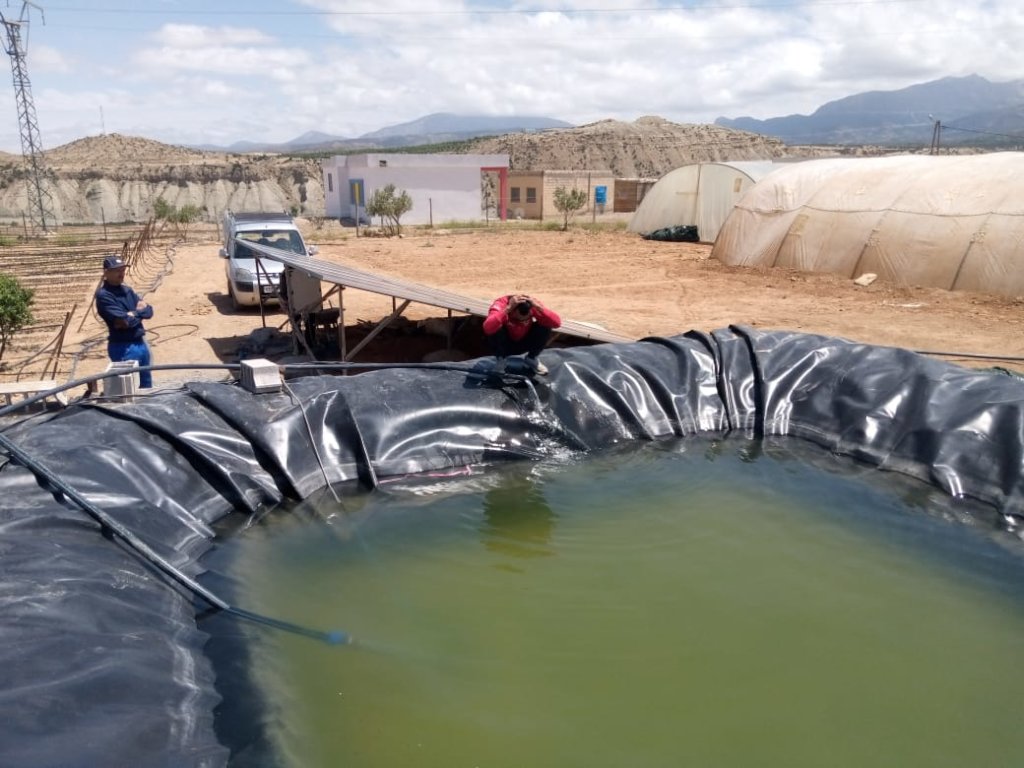By HAF staff | HAF staff
The consequences of environmental degradation extend far past a loss of natural resources or fragile ecosystems. The livelihoods, well-being, and health of people across the world is also at stake - particularly in regions that are already highly vulnerable to climate change and suffer from rural poverty, such as Morocco.
A unique opportunity is at hand for Morocco to address these urgent challenges, and has begun to do so. The development of renewable energy is at the heart of the Moroccan national energy policy, which is oriented towards a diversification of energy supply sources. Morocco is arguably the leader in Africa in terms of renewable energy, and the Kingdom has begun to focus on decentralized renewable energy projects after years of large-scale work. Greater action, however, in the form of a singular decentralization strategy, must be taken in order to fully capitalize on this potential and have a true impact on those that need it most.
This published essay, written by High Atlas Foundation President Dr. Yossef, Germanwatch Policy Advisor Ms. Kerstin, and High Atlas Foundation Program Director Ms. Imane, discusses Morocco's strategies for decentralized governance, especially as they may influence, and indeed be driven by, renewable energy and community-based development.
Project reports on GlobalGiving are posted directly to globalgiving.org by Project Leaders as they are completed, generally every 3-4 months. To protect the integrity of these documents, GlobalGiving does not alter them; therefore you may find some language or formatting issues.
If you donate to this project or have donated to this project, you can receive an email when this project posts a report. You can also subscribe for reports without donating.
Support this important cause by creating a personalized fundraising page.
Start a Fundraiser
